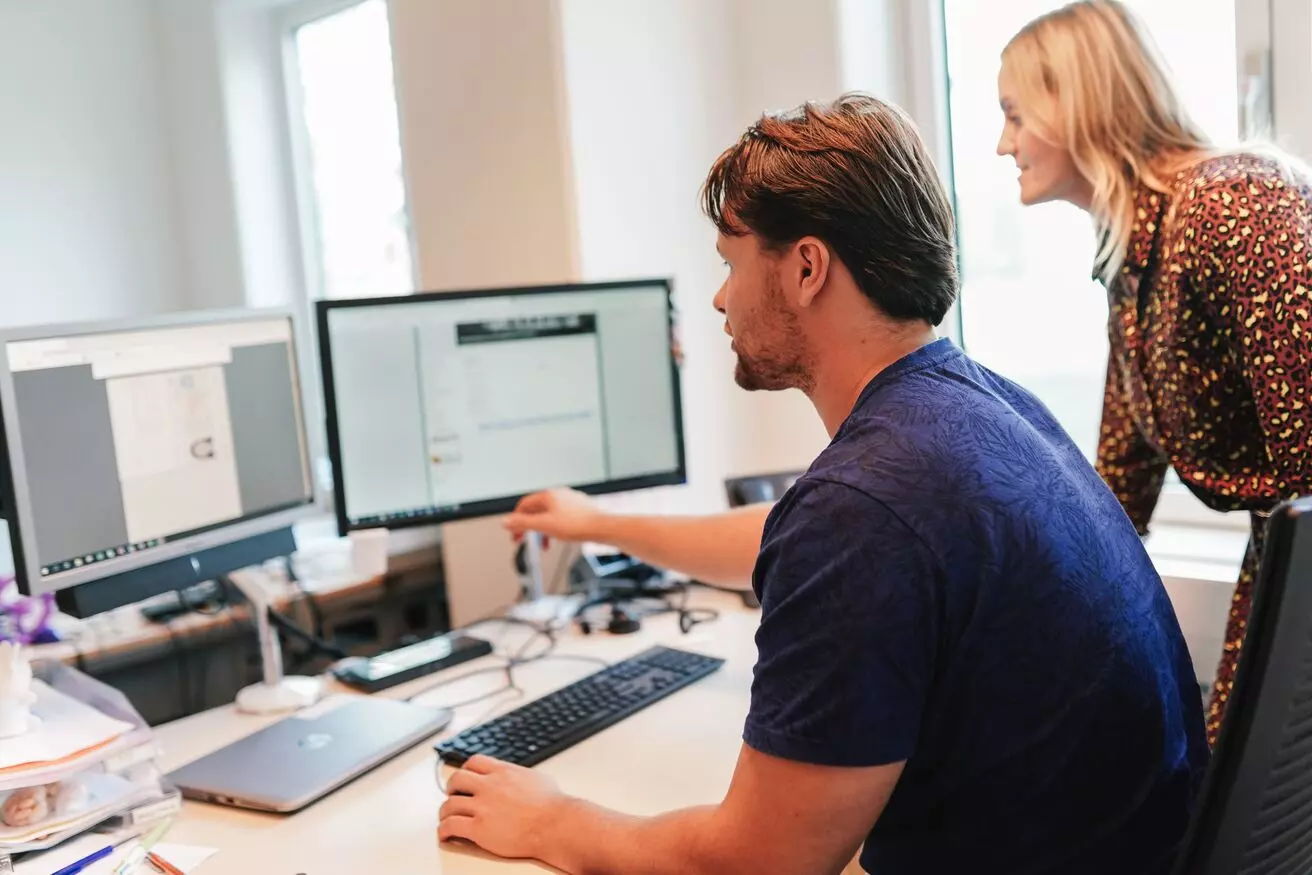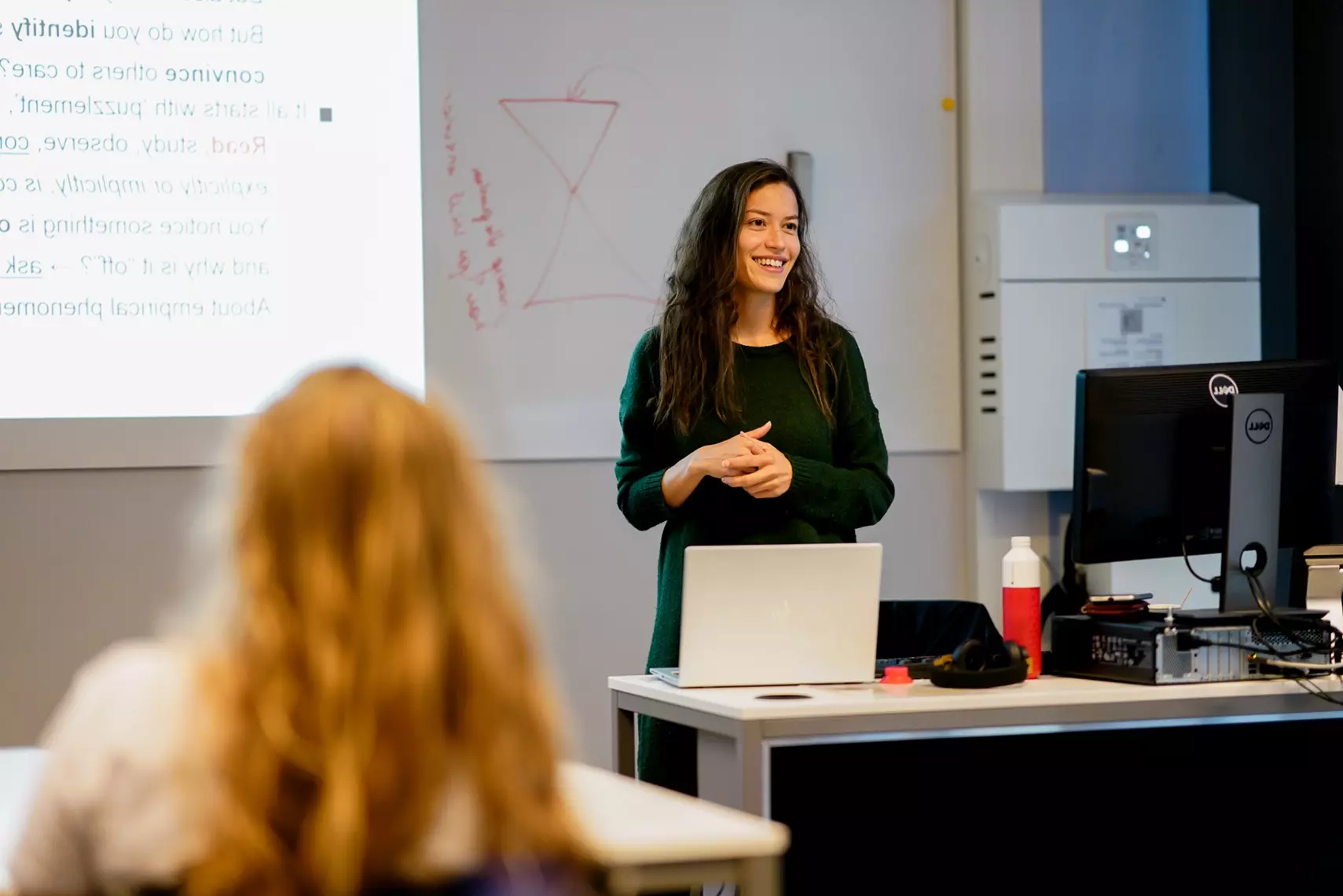Not found

More vacancies

Postdoctoral Research Position in Human(e) AI
- Amsterdam Law School
- €3.378 - €5.331
- Closes on20-08-2025
- PhD
- 38 hours
The Research Priority Area in Human(e) AI at the University of Amsterdam currently has a vacant legal Postdoctoral Researcher position.
View vacancy

Junior Lecturer Psychological Methods
- Faculty of Social and Behavioural Sciences
- €3.378 - €5.331
- Closes on11-07-2025
- University
- Minimum 30.4 hours
Are you looking for a dynamic job in an academic environment? The Psychological Methods program group at the University of Amsterdam is looking for a junior lecturer to contribute to teaching in the bachelor's and master's programs in the areas of research methods, statistics, polarization, and advanced data science.
View vacancy

-Internal Vacancy- Research Officer: Case Studies on the Super-Rich
- Faculty of Social and Behavioural Sciences
- €3.218 - €4.860
- Closes on31-07-2025
- Master's
- 19 - 38 hours
Do you enjoyFinding out about the super-rich, especially individual billionaires;Critically evaluate and synthesise insights from different information sources;Immersing yourself into the research on individuals to paint a complete picture of their economic lives;’You don’t mind feeling incredibly poor compared to the people you’re studying?Then we have the perfect opportunity for you!
View vacancy
This website uses cookies
We, and third parties, use cookies on our website. We use cookies to ensure that our website functions properly, to store your preferences, to gain insight into visitor behavior, but also for marketing and social media purposes (showing personalized advertisements). By clicking 'Accept', you agree to the use of all cookies. In our Cookie Statement. you can read more about the cookies we use and save or change your preferences. By clicking 'Refuse' you only agree to the use of functional cookies.
